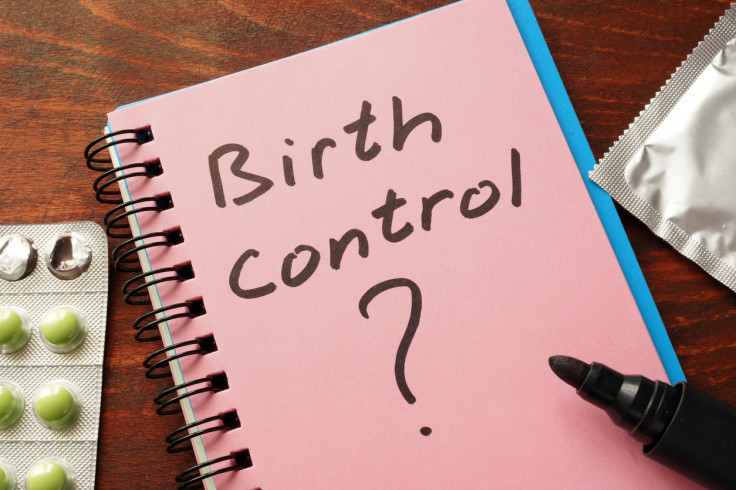World Contraception Day 2019: WeChat will distribute free birth control in China
The Chinese social media company will give a "Gift of love" to citizens.
In a new initiative of its kind, Chinese chat company WeChat is offering free contraception tools to Shanghai residents.
The company has created a new program called "Aideliwu", which translates to the "gift of love." The local health authorities are supporting it, especially since it is happening on the World Contraception Day.
The international day is celebrated to raise cognizance about unwanted pregnancies, encourage healthy contraception and improve reproductive health, targeted at both men and women.
In addition to this initiative, contraceptives will be freely available at 10,000 self-service location and consultation centres across Shanghai. The details of these locations can be found on the Chinese government app Suishenban.
WeChat is not the only company with an initiative for the World Contraception Day, the social media giant Facebook has its much larger initiative. It is holding a Youth X Youth Facebook Chat, which will focus largely on youth and will be done in collaboration with contraception promotion NGOs such as Population Services International, 120 under 40, Family Planning 2020, Twentyeight Health and YourLifeCom. A group of "young people" will talk about the issue of contraception and how it affects their lives.
The tickets to the online chat can be bought for free, which means that all you have to do is register. It will take place at 8 AM EDT (1 PM ET).
People can also look up information on contraception at https://www.your-life.com/en/for-doctors-parents-etc/about-wcd.
The World Health Organization on its part has launched an app which will have medical eligibility criteria for contraceptive use. It will inform women with medical conditions about the kind of contraception they can use.
Tech companies, especially ones such as Facebook, Twitter and Google can actually help governments spread awareness about contraception. Many governments around the world have tried to raise consciousness about contraception, but haven't been effective. Large populations, especially ones in the age range of 16-25 years remain at the risk of sexually transmitted diseases such as HIV AIDS.

© Copyright IBTimes 2025. All rights reserved.




















